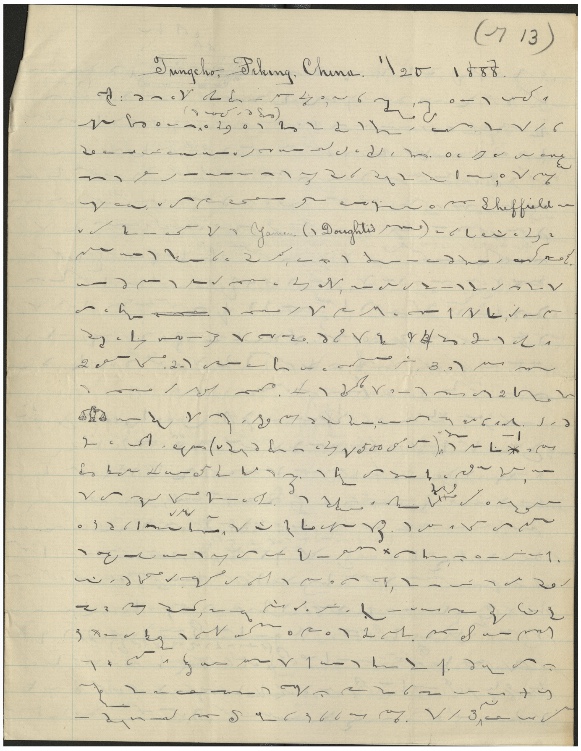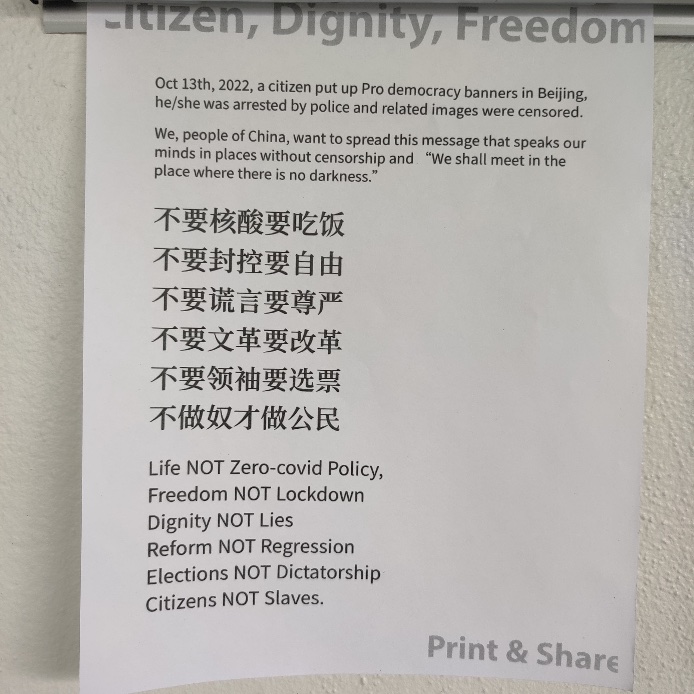DeepL Translator
I have often sung the praises of Google Translate (see "Selected readings" below for a few sample posts), but now I've learned about an online translator that, for many languages, may be even better. Since we've been discussing phenomenal developments in AI quite a bit lately (see also under "Selected readings" below), now seems as good a time as any to introduce DeepL to the collective Language Log readership.
In truth, we've barely mentioned DeepL before (see comments here, here, here, and here), so I really didn't notice it until this past week when my students and auditors from East Asia told me about it. Seeing what DeepL could do, I was simply overwhelmed. Let me explain how that happened.
Most of the participants in my Middle Vernacular Sinitic (MVS) seminar (all attendees are from China, Japan, and Korea), said that they've been using it regularly for years. They also mentioned that they use OCR apps on their phones. The scanned texts they use can then be fed into various applications for translation. Many of them also use Grammarly to improve the quality of their writing. Lately I myself have noticed that when I write papers, essays, and letters in word processing programs (e.g., Microsoft Word), the processor gives me mostly good suggestions for getting rid of superfluous, redundant, awkward suggestions.
Specifically, what impressed me so much about DeepL in this instance is that we were faced with a Dutch translation of a rare, medieval Chinese text with a lot of esoteric vocabulary. The Dutch translator had done a commendable job of getting from the difficult Chinese to Dutch, but then we had to use OCR on his limited circulation Dutch publication to produce a document to feed into DeepL. When I read the resulting English translation, I was amazed at how faithfully the English conveyed the sense and the feeling of the extremely recondite medieval Chinese text. Of course, the English wasn't perfect, but it made a tremendous contribution toward getting a handle on what was happening in the medieval Chinese text that had seldom been read by anyone (it was lost for more than a thousand years) and had never been translated into any other language beside Dutch.
Read the rest of this entry »


